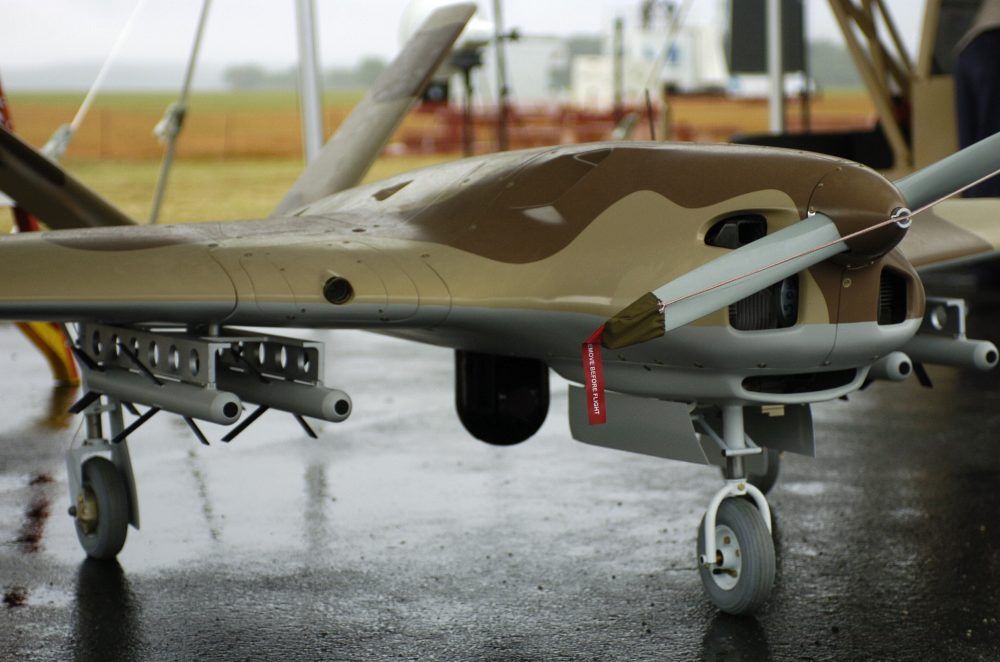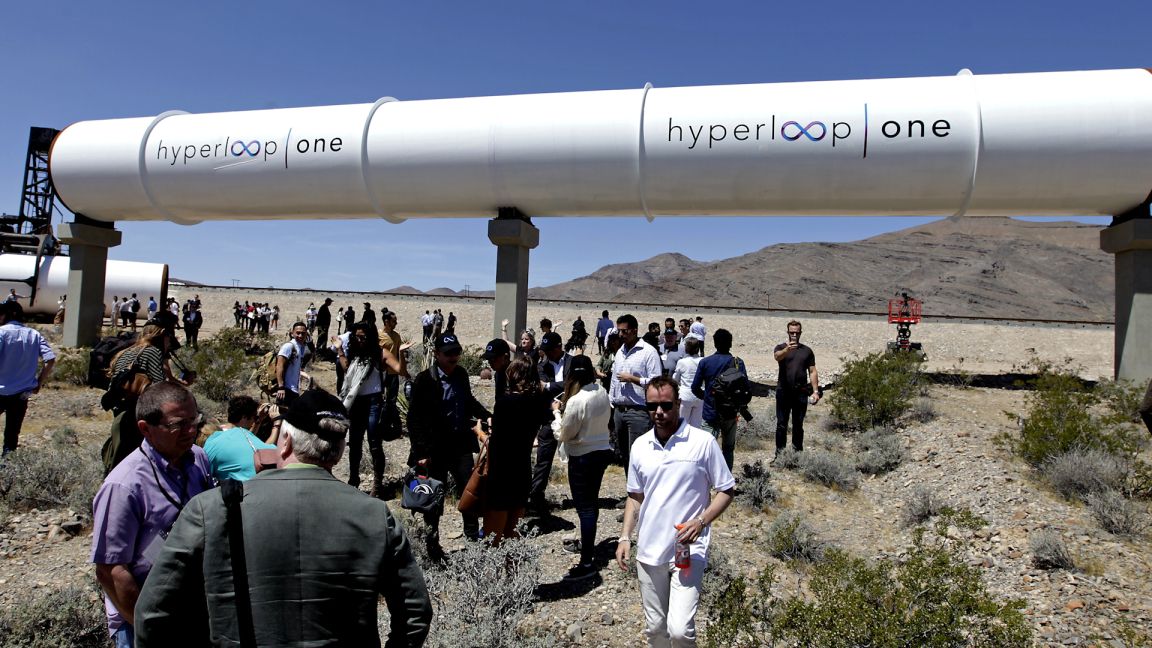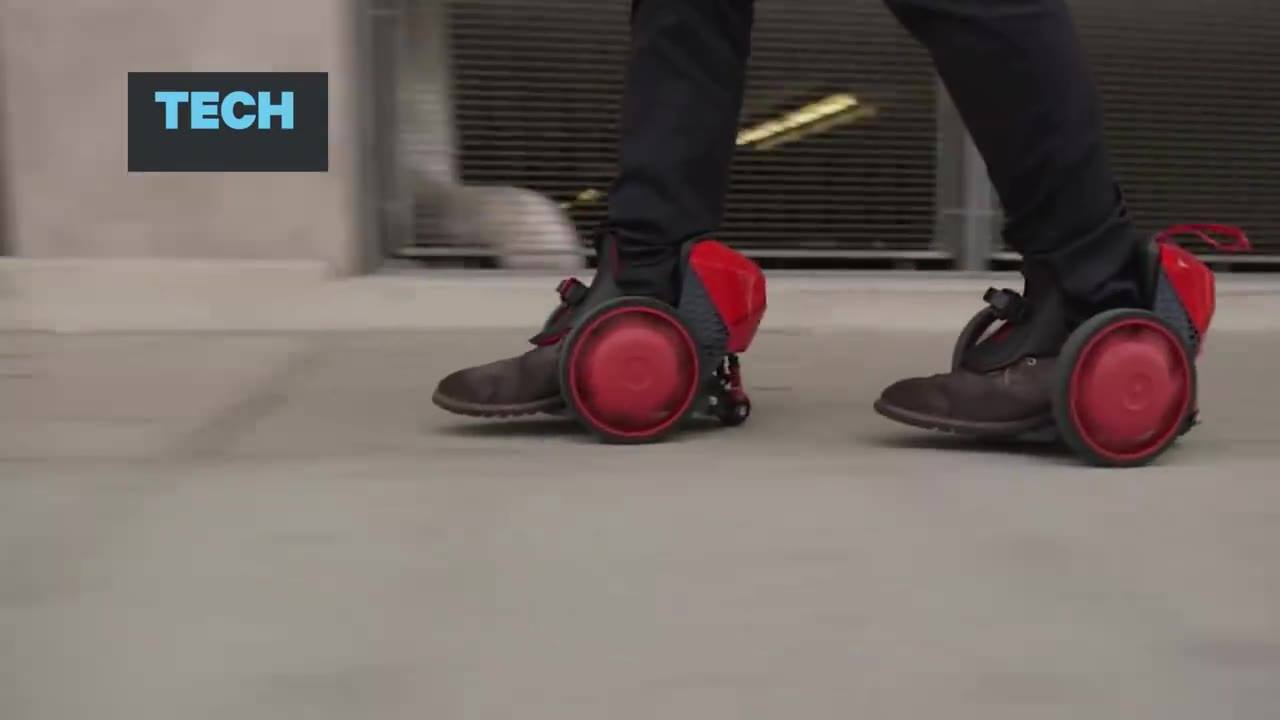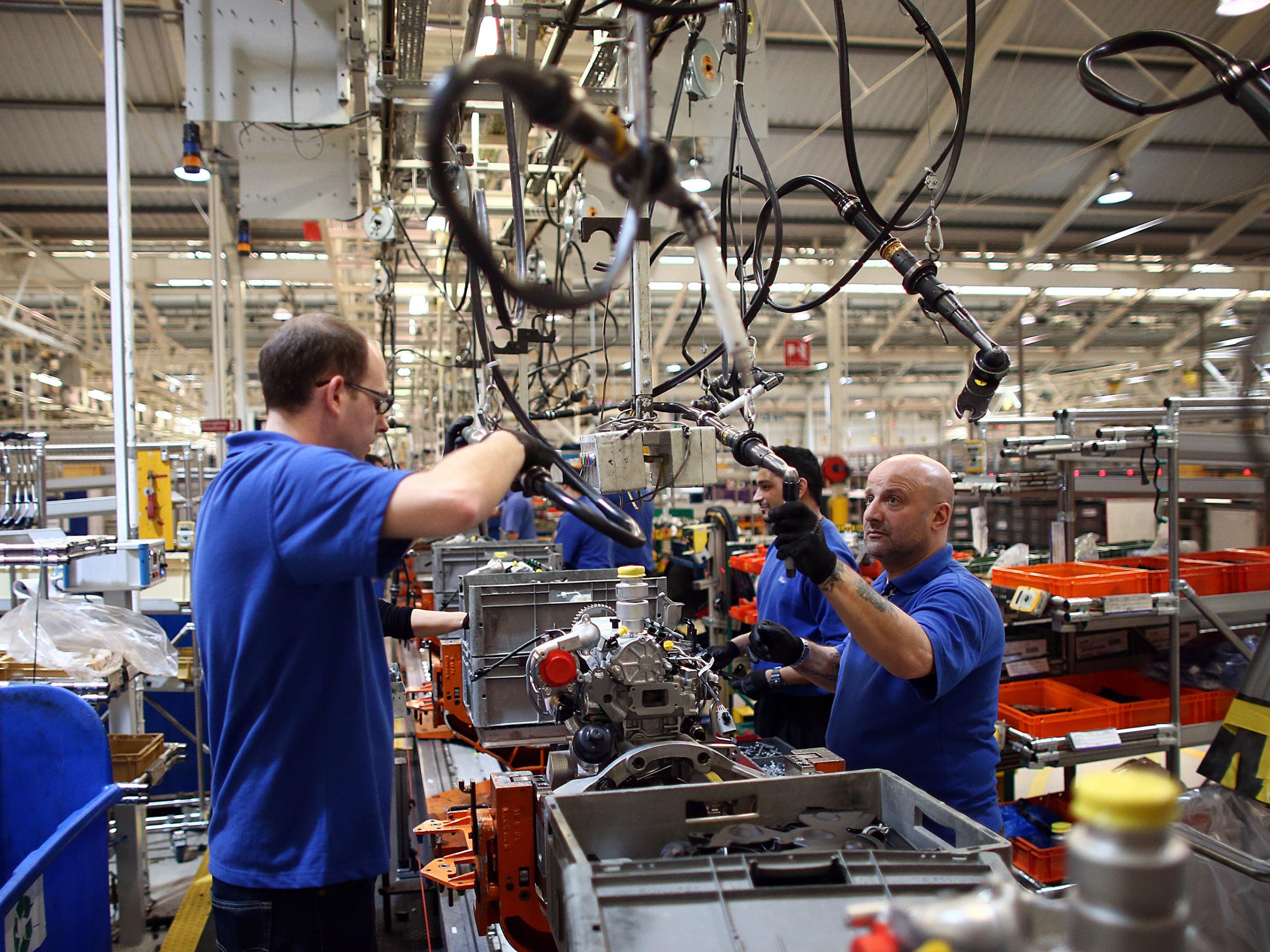Page 10200
Aug 27, 2017
Will artificial intelligence make our kids stupid and rude?
Posted by Müslüm Yildiz in category: robotics/AI

Scott Ott spearheads the questioning of human-computer interaction and its effect on society in this Right Angle. Steve Green and Bill Whittle are talking on this topic.
Scott Ott I’ll insert here a trigger warning… You may want to turn off all artificial intelligence devices before watching this episode. We are not responsible for what they say or do or order for you.
Continue reading “Will artificial intelligence make our kids stupid and rude?” »
Aug 26, 2017
Duke Robotics Inc
Posted by Dan Kummer in categories: government, robotics/AI, terrorism
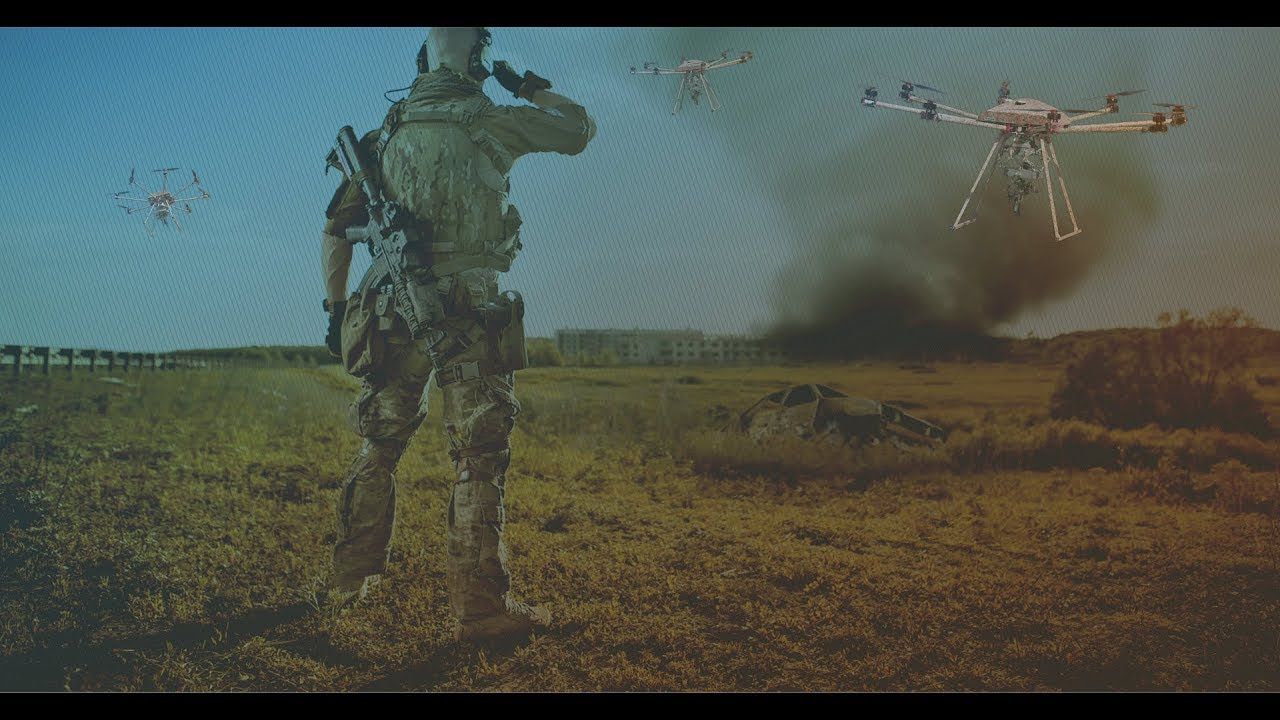
Duke Robotics Inc. announces, TIKAD, a dramatic step forward in protecting our troops by developing the resources needed to fight terrorism effectively today.
Governments are spending more than ever before on Defense budgets today, which provides an enormous incentive to solve problems that troops currently face.

https://www.youtube.com/watch?v=GjPWk0UhKDQ
This is our latest update.
The title says “world’s first hologram table” in fact more correctly we should say “world’s first multiuser hologram table” there have been some before that only one person could view at one time.
http://www.euclideonholographics.com
Or you can contact us directly at [email protected]
This product is about to do its first manufacturing run.
If you are interested in pre-ordering, distributing or investing, please contact us.
Aug 26, 2017
Testing Drones in Combat
Posted by Klaus Baldauf in categories: drones, military, robotics/AI
This post is also available in:  עברית ( Hebrew )
עברית ( Hebrew )
In a few months, the U.S Air Force and SOFWERX will pit UAV s against each other in a rumble-style experiment to gather data on drone operations, the Air Force’s secretary, Heather Wilson, said. The competition, called the ThunderDrone Rapid Prototyping Event will “investigate forms, platforms, effects and data science for small unmanned aerial vehicles,” said Wilson.
According to nationaldefensemagazine.org, SOFWERX, an initiative that facilitates rapid prototyping and technology experimentation between U.S. Special Operations Command and members of non-traditional industry and academia, is planning events related to ThunderDrone beginning in early September with a technology exposition. The event is meant to help “completely change the face of drone warfare,” and will be “a living test bed” for creating a drone marketplace, according to SOFWERX. Additionally, it will enable experimentation along with rapid prototyping.
Aug 26, 2017
How Realistic Is Elon Musk’s Hyperloop?
Posted by Dan Kummer in categories: Elon Musk, transportation
Elon Musk’s plan for the hyperloop promised city-to-city travel at speeds in excess of 700 mph, making the trip between New York City and Washington, D.C., 29 minutes. Bloomberg QuickTake Q&A explains what hurdles exist, and how they can be overcome, before the hyperloop becomes reality. (video by Henry Baker) (Source: Bloomberg)
Aug 26, 2017
This boat’s suspension can handle anything
Posted by Shailesh Prasad in category: futurism
Aug 26, 2017
Teeth Regenerated by Stem Cell Stimulating Fillings
Posted by Shailesh Prasad in categories: biotech/medical, materials
Researchers from Harvard University and the University of Nottingham have developed a new filling that stimulates stem cells in dental pulp to regenerate and even regrow teeth damaged by disease and decay. According to Newsweek Magazine, the discovery earned a prize from the Royal Society of Chemistry after judges described it as a “new paradigm for dental treatments.”
The treatment is believed to potentially eliminate the need for root canals.
Filling materials stimulate stem cells to encourage dentin growth.
Aug 26, 2017
Stick these electric wheels on your boots to make your commute easier
Posted by Shailesh Prasad in category: futurism
Aug 26, 2017
It’s possible that we can build a society where people don’t have to work – here’s how
Posted by Shailesh Prasad in categories: economics, employment, finance, sustainability
Work isn’t working anymore. Labour productivity has fallen in the UK since the financial crisis; 13.5 million people are living in low-income households; real wages are falling and the Gini coefficient, which measures inequality, is rising.
The sustainability and quality of jobs in our economy is also decreasing – 7.1 million workers now face precarious working conditions, meaning that uncertainty (and for many, anxiety) itself is now built into our employment system. According to some estimates, 30 per cent of UK jobs could potentially be automated away by the early 2030s. Depending on the sector, this will mean a remarkable reduction of required hours of human labour. With less work to go around, we will find ourselves in heightened competition with machines and each other, ever more desperate for stability.
Is this our only future? No. But in order to change it and move beyond this crisis, we first need to confront our very conception of work. For a long time we have thought of work as a matter of individual choice – a free, private agreement between a single person and an employer. You, the thinking goes, are free to pick whatever job you like as long as the employer is happy to have you on board and there are a sufficient number of jobs created by the free market.

